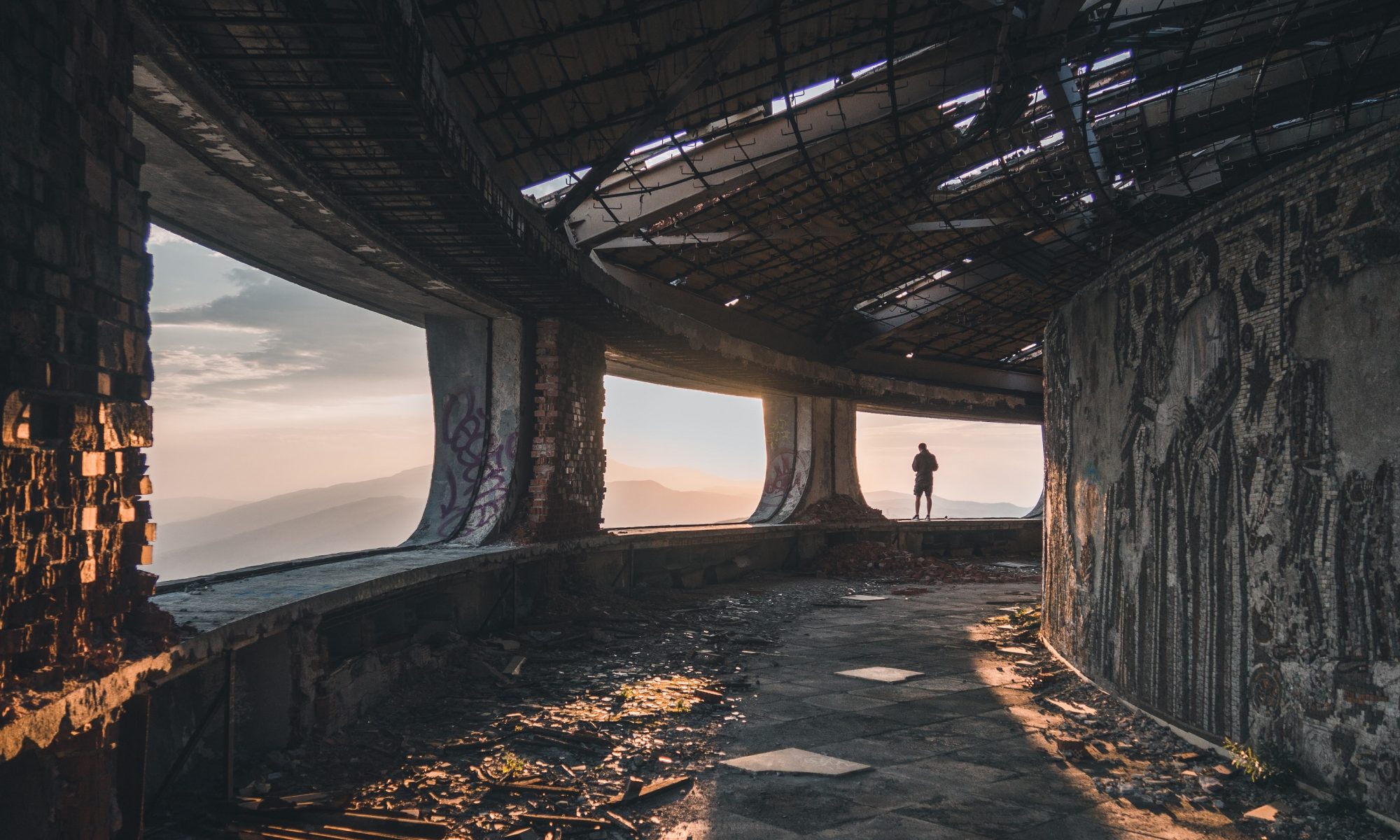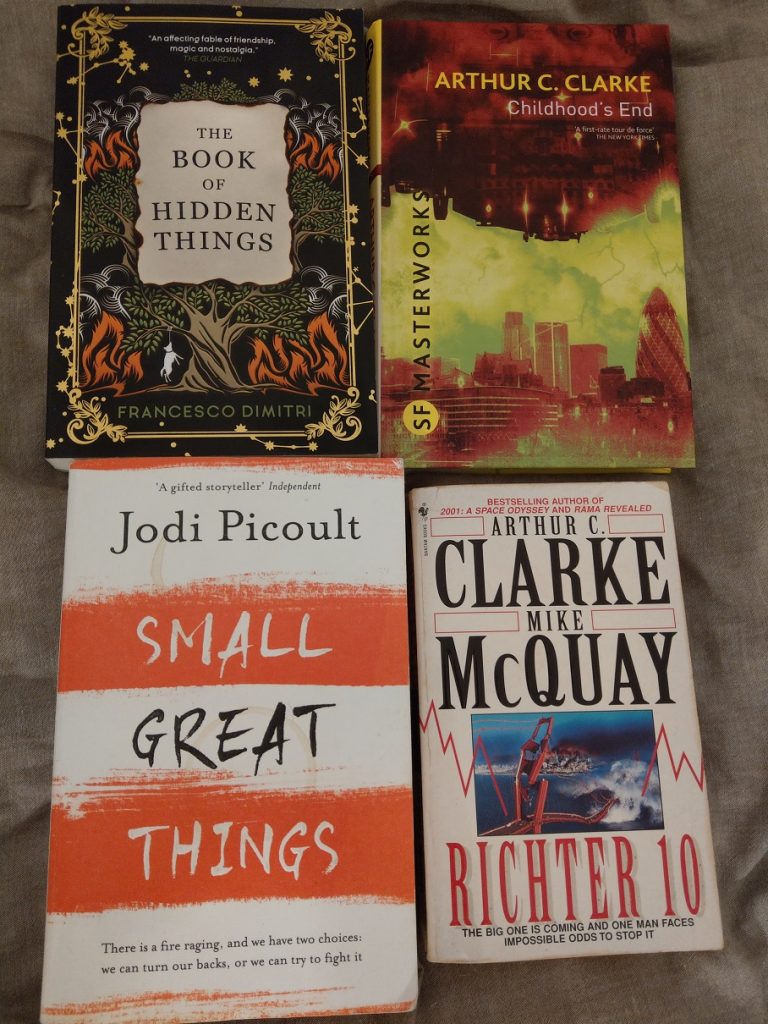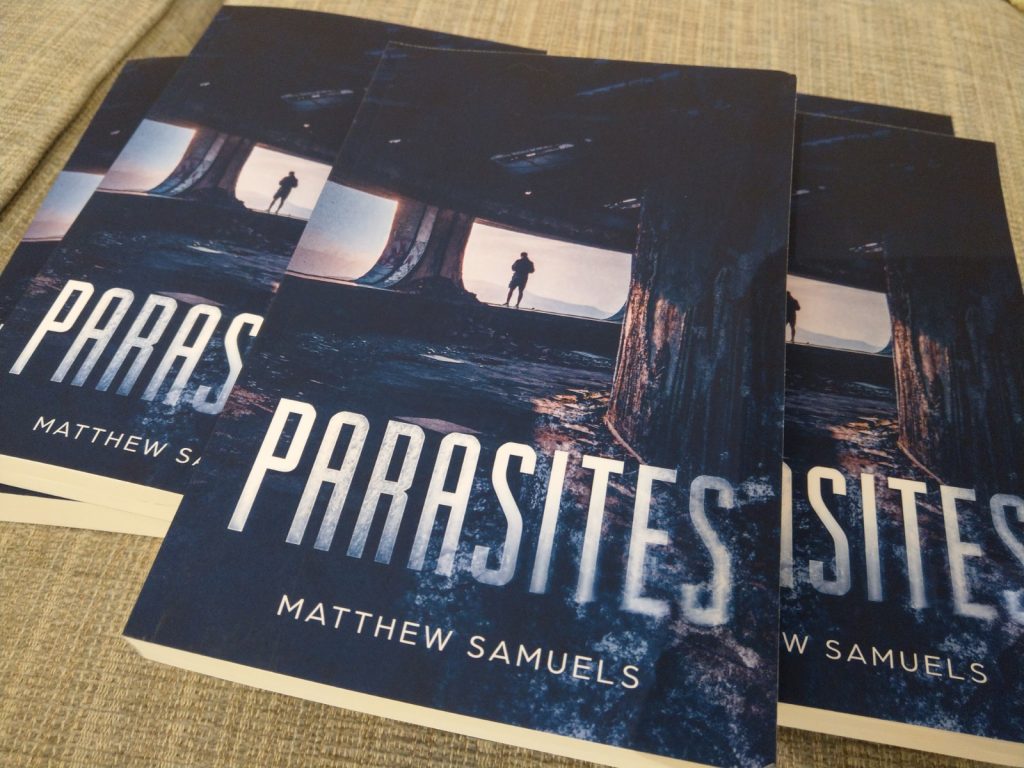I’ve always had a fairly vivid imagination, and rarely have trouble imagining the scenes I’m writing, but sometimes I see something that inspires me – or just want to make it a little more real.
When I don’t know that much about something I’m writing on, I’ll turn to the Internet or hands-on research, but if it’s about visualisation and style, then I tend to go a bit more left-field. So for example, I used these cards to help with certain parts of an underground city that I’m writing about for Small Places. I’ve been reading The Near Witch and playing the necromancer pack in Diablo 3 to get a feel for all things witchy. And this game gave me some surprise inspiration for a few locations.
This isn’t something I did at all for Parasites – I wanted most of the plants and locations to be different to some of the common sci-fi tropes in literature and film. Oddly, the storm world came from a dream I had as a kid years ago, and Vega kind of grew by necessity. I really can’t remember where Carthusian, the vast cathedral ship, came from, but it’s one of my favourite locations in anything I’ve written.
I basically cheated in Aenigma; it’s an alternate reality urban fantasy, so I could re-use real locations – with a few additions, obviously. Wild Court is similar, and the entire inspiration actually came from walking past Wild Court itself, which is a side street not far from Holborn in London, at a time when I had a fairly unpleasant job near there!
So I guess my inspiration is a real mish-mash of sources; hopefully the output is a little more orderly…


